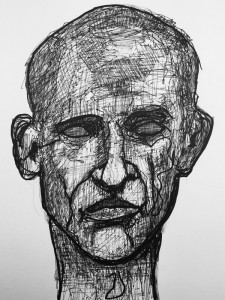Marcus Tullius Cicero was a prolific Roman writer, rendering Greek ideas into Latin. He wrote De Senectute (on old age) in 44 B.C. when he was 62.1
In this writing, Cicero states that older persons should remain active. He suggests community service, writing, continued learning and philosophic reflection. When addressing the concern that the body weakens with age, he recommends adopting a regime of health; to practice moderate exercise; and to take just enough food and drink to restore our strength. In addition, he suggests paying greater attention to the mind and soul for they are like lamps that grow dim with time, unless we keep them supplied with oil.
Cicero confronts the suggestion that old age deprives us of sensual pleasures in this manner: “Old age lacks the heavy banquet, the loaded table, and the oft filled cup; it therefore lacks drunkenness, indigestion, and loss of sleep.”
Lastly, Cicero dismisses the fear of death: “. . . death is negligible if it utterly annihilates the soul, or even desirable, if it conducts the soul to some place where it is to live forever . . .”
The writings of Cicero greatly influenced thinkers, including Thomas Jefferson and John Adams. His reflections on aging are as relevant today as they were when written.
1 Cato Major De Senectute, Loeb Classic Library, 1923 (public domain text).



